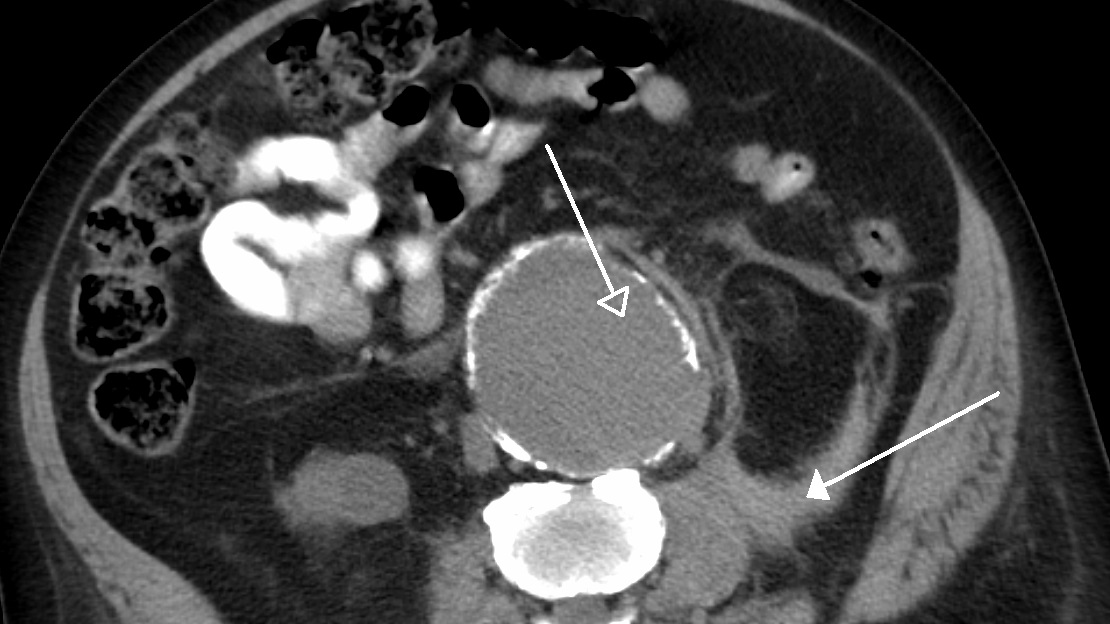This AI can figure out when you'll die
From images of your internal organs

Sign up for breaking news, reviews, opinion, top tech deals, and more.
You are now subscribed
Your newsletter sign-up was successful
In 2003, The Death Clock was launched. A simple website, it allowed users to input their date of birth and vital statistics to calculate when it's most probable that they will die based on population averages. It's still online today, with the tagline "The Internet's friendly reminder that life is slipping away..."
Now, Australian researchers at the University of Adelaide's School of Public Health have taken things a step further. They've built a computer system that uses deep learning artificial intelligence techniques and medical imaging of patients chests to predict if they'll die within five years.
"Predicting the future of a patient is useful because it may enable doctors to tailor treatments to the individual," said Luke Oakden-Rayner, a radiologist and the lead author of a paper describing the new system, published in Scientific Reports.
"The accurate assessment of biological age and the prediction of a patient's longevity has so far been limited by doctors’ inability to look inside the body and measure the health of each organ."
Complex imaging
In tests using imagery of 48 patients' chests, the computer-based analysis was able to predict which patients would die within five years with 68 percent accuracy. That's pretty much the same accuracy level that human doctors attain in the same task.
"Although for this only a small sample of patients was used, our research suggests that the computer has learnt to recognise the complex imaging appearances of diseases, something that requires extensive training for human experts," said Oakden-Rayner.
What's particularly interesting is that the researchers aren't able to identify exactly what features in the images are used by the computer system to make its predictions. They were only able to establish that the AI's most confident predictions were made for patients with severe chronic diseases like emphysema and congestive heart failure.
Sign up for breaking news, reviews, opinion, top tech deals, and more.
New avenues
But the machines weren't trained in diagnosis. "Instead of focusing on diagnosing diseases, the automated systems can predict medical outcomes in a way that doctors are not trained to do, by incorporating large volumes of data and detecting subtle patterns," Oakden-Rayner said.
"Our research opens new avenues for the application of artificial intelligence technology in medical image analysis, and could offer new hope for the early detection of serious illness, requiring specific medical interventions."
The next step is to analyse tens of thousands more patient images, to improve the system, but the team says it ultimately hopes the same techniques can be applied to predict other medical conditions - like the risk of heart attacks.
